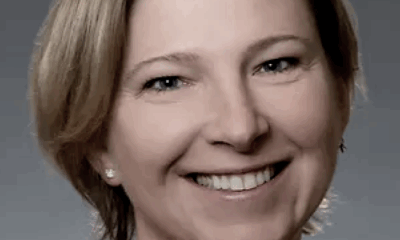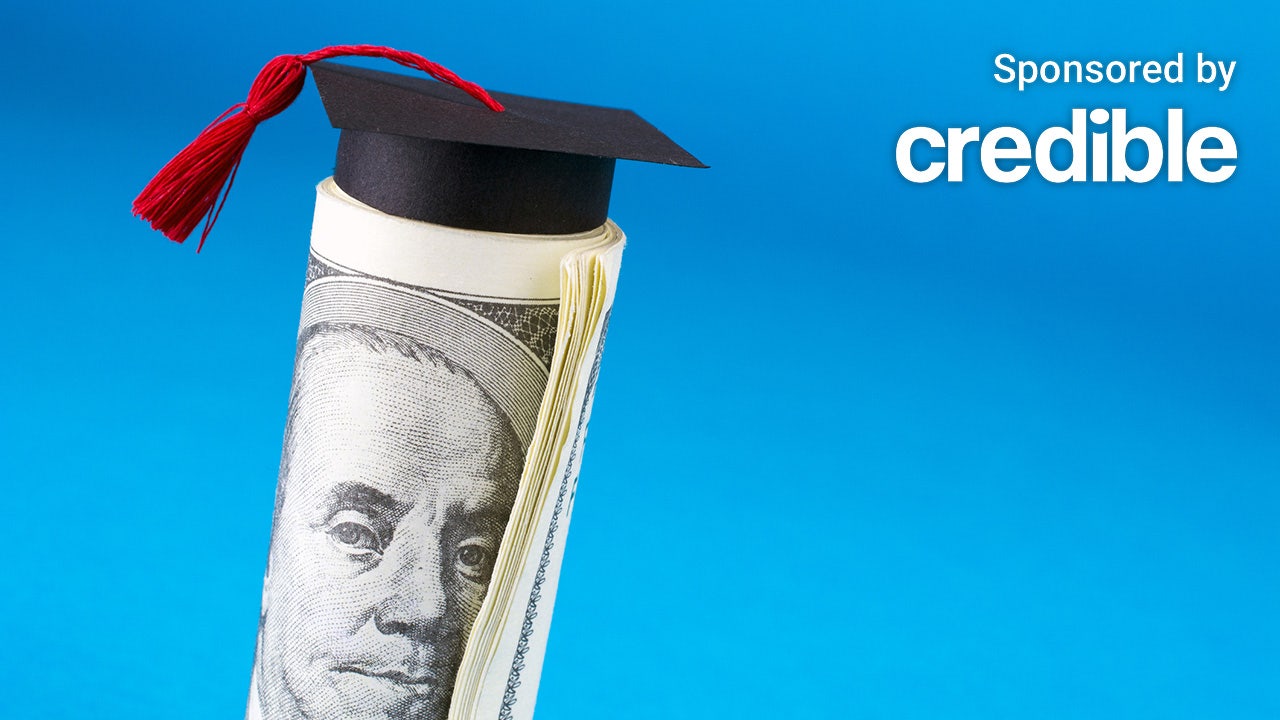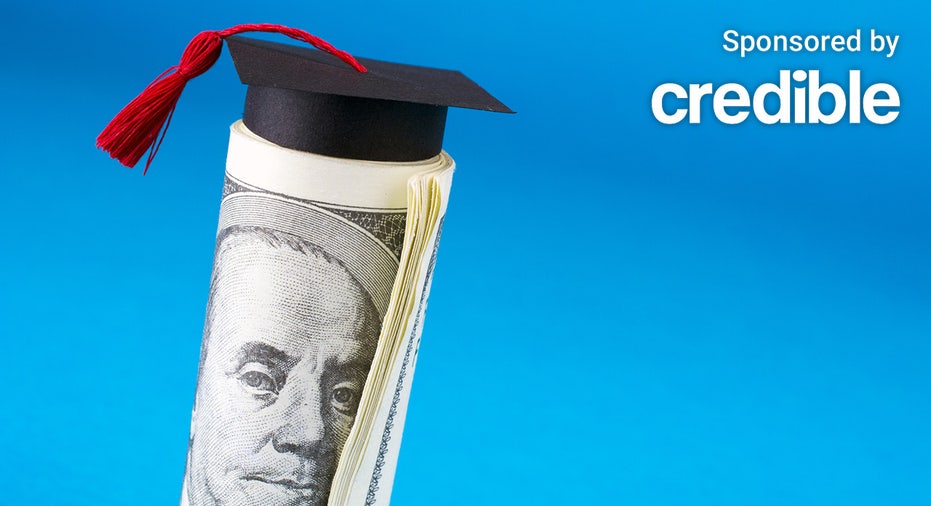In the last 20 years, student loan debt levels have risen by 430%. (iStock )
National debts have increased by a substantial amount in the last 20 years, but none by as much as student loans. Since 2003, student loan debt has increased by 430%, according to a study by the Kaplan Group. Although student loan debts have stabilized in the last few years, levels remain staggeringly high.
Debt in general grew by 81.5% during the same time period. Student loans led the pack, followed by auto loans, which grew by 91% in 20 years. Mortgages followed close behind, rising by 80% since 2003. Credit card debt also grew, but not by nearly as much as other debts at 33%.
Certain states saw larger increases in debt than others. Washington, D.C. struggled most with rising debt levels, with many residents reporting more than $100,000 in debt. Hawaii residents also have high levels of debt, averaging nearly $83,000 for many residents.
Washington state residents have a similar $82,000 in debt, on average. The states with the lowest levels of debt per resident were West Virginia, Mississippi and Arkansas.
Individually, mortgage debt still remains the main debt that most households have, typically representing three-quarters of an individual or family’s debt. After mortgages, student loans and auto loans are nearly tied.
If you have private student loans, federal relief doesn’t apply to you. If you’re looking to lower monthly payments and ease the burden of student loan debt, consider refinancing your student loans via the online marketplace Credible.
MORE STUDENT LOAN BORROWERS ARE GETTING RELIEF THROUGH BANKRUPTCY THANKS TO BIDEN’S RULE CHANGE
Federal court blocks what’s left of Biden’s student debt relief plan
President Biden has been instituting forgiveness and debt relief for student loan borrowers since he took office. However, an appeals court recently blocked all aspects of Biden’s SAVE plan. This plan intended to lower monthly payments for millions of borrowers while ultimately providing complete forgiveness after a certain number of payments had been made.
“It wasn’t so long ago that a million borrowers defaulted on their student loans every single year, mainly because they couldn’t afford the payments,” U.S. Secretary of Education Miguel Cardona said in a statement. “The SAVE plan is a bold and urgently needed effort to fix what’s broken in our student loan system and make financing a higher education more affordable in this country. The Biden-Harris Administration remains committed to delivering as much relief as possible for as many borrowers as possible.”
The 8th Circuit Cour of Appeals officially granted an administrative stay, a motion originally filed by a group of Republican-led states. The order prohibits the Biden administration from implementing parts of the SAVE plan that weren’t already blocked by other court rulings.
“Borrowers enrolled in the SAVE Plan will be placed in an interest-free forbearance while our administration continues to vigorously defend the SAVE Plan in court,” Cardona said. “The Department will be providing regular updates to borrowers affected by these rulings in the coming days.”
If you’re considering refinancing to lower your monthly student loan payments, make sure to compare rates before you apply, so you can make sure you find the best deal for you. Credible can walk you through the refinancing process and help you find your best rate options.
LESS THAN A THIRD OF AMERICANS APPROVE OF HOW BIDEN HAS HANDLED STUDENT LOAN DEBT
Ways to reduce student loan debt
Aside from mortgages, student loans are one of the biggest debts the average American holds. Lowering those debts can be a huge relief financially. There are a few steps borrowers can take to potentially drop their monthly student loan payments:
- Switch to a different repayment plan: There are a variety of different repayment plan options, so borrowers should explore alternative repayment plans that may better align with their financial situations. Income-driven repayment plans can adjust monthly payments based on income and family size, potentially providing relief.
- Think about deferment or forbearance: Deferment and forbearance provide relief when borrowers are experiencing financial hardship, job loss or other significant life events. These options allow for a temporary pause on payments or reduced monthly payments. However, interest may continue to accrue on loans.
- Look into forgiveness options: Although the SAVE Plan is currently paused for many, there are other loan forgiveness programs, such as Public Service Loan Forgiveness (PSLF) or Teacher Loan Forgiveness. These programs eliminate a borrower’s remaining balance after they’ve made a certain number of qualifying payments while working in specific public service roles.
- ·Get a rate decrease with auto debit: Many lenders offer an interest rate discount, often 0.25%, for enrolling in automatic payments. This reduces the amount a borrower will pay over the life of the loan.
- Refinance or consolidate: Borrowers who can qualify for a student loan refinance at a lower rate can save on interest payments. Using a student loan marketplace like Credible can help borrowers compare student loan refinancing rates from multiple private lenders at once.
MOST STUDENT LOAN BORROWERS WILL STRUGGLE TO PAY AT SOME POINT: SURVEY
Have a finance-related question, but don’t know who to ask? Email The Credible Money Expert at [email protected] and your question might be answered by Credible in our Money Expert column.

 Blog Post7 days ago
Blog Post7 days ago
 Economics1 week ago
Economics1 week ago
 Finance1 week ago
Finance1 week ago
 Economics1 week ago
Economics1 week ago
 Economics1 week ago
Economics1 week ago
 Finance1 week ago
Finance1 week ago
 Personal Finance1 week ago
Personal Finance1 week ago
 Accounting1 week ago
Accounting1 week ago










